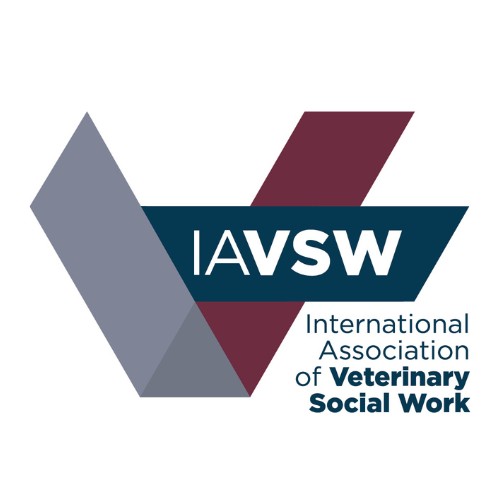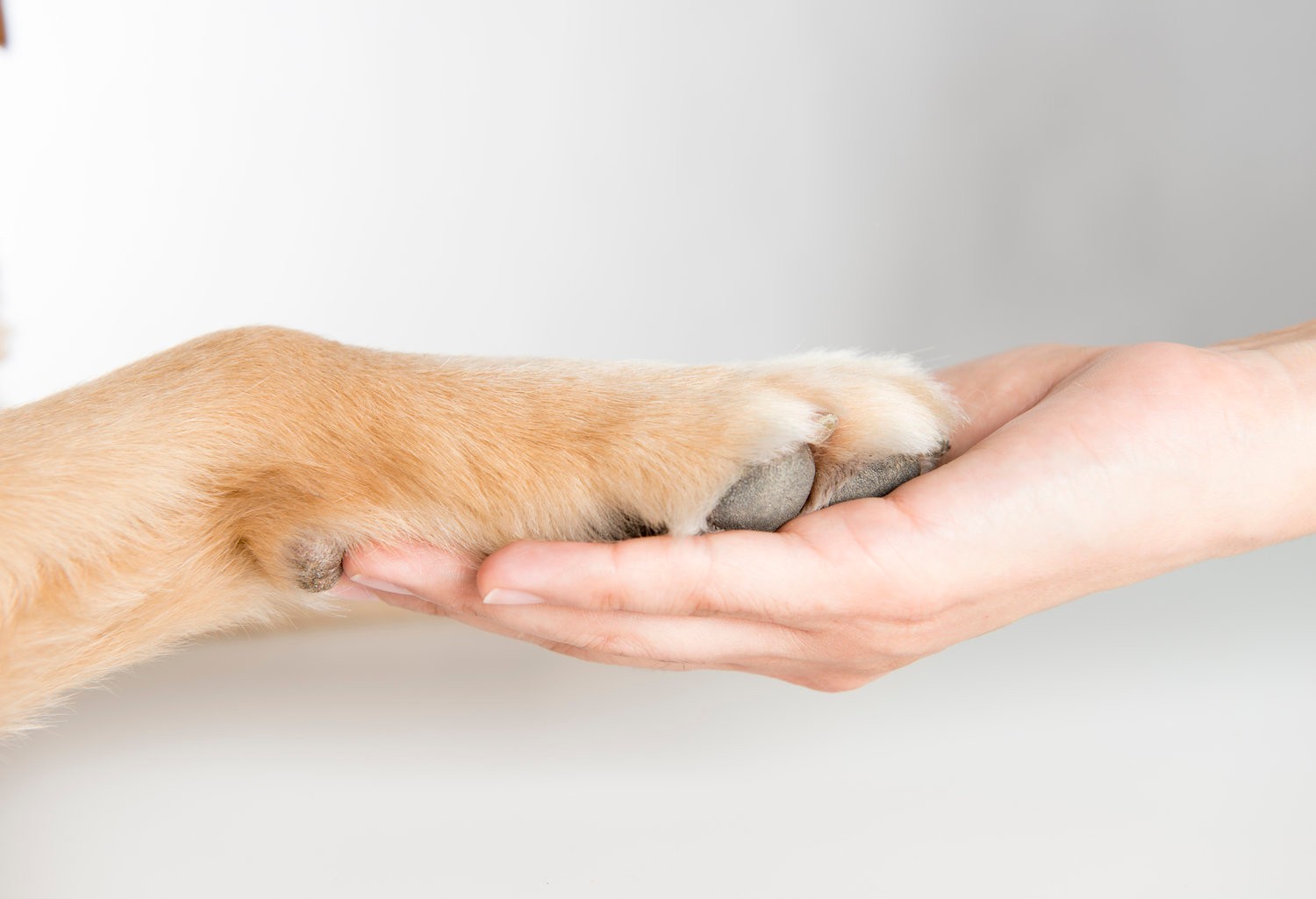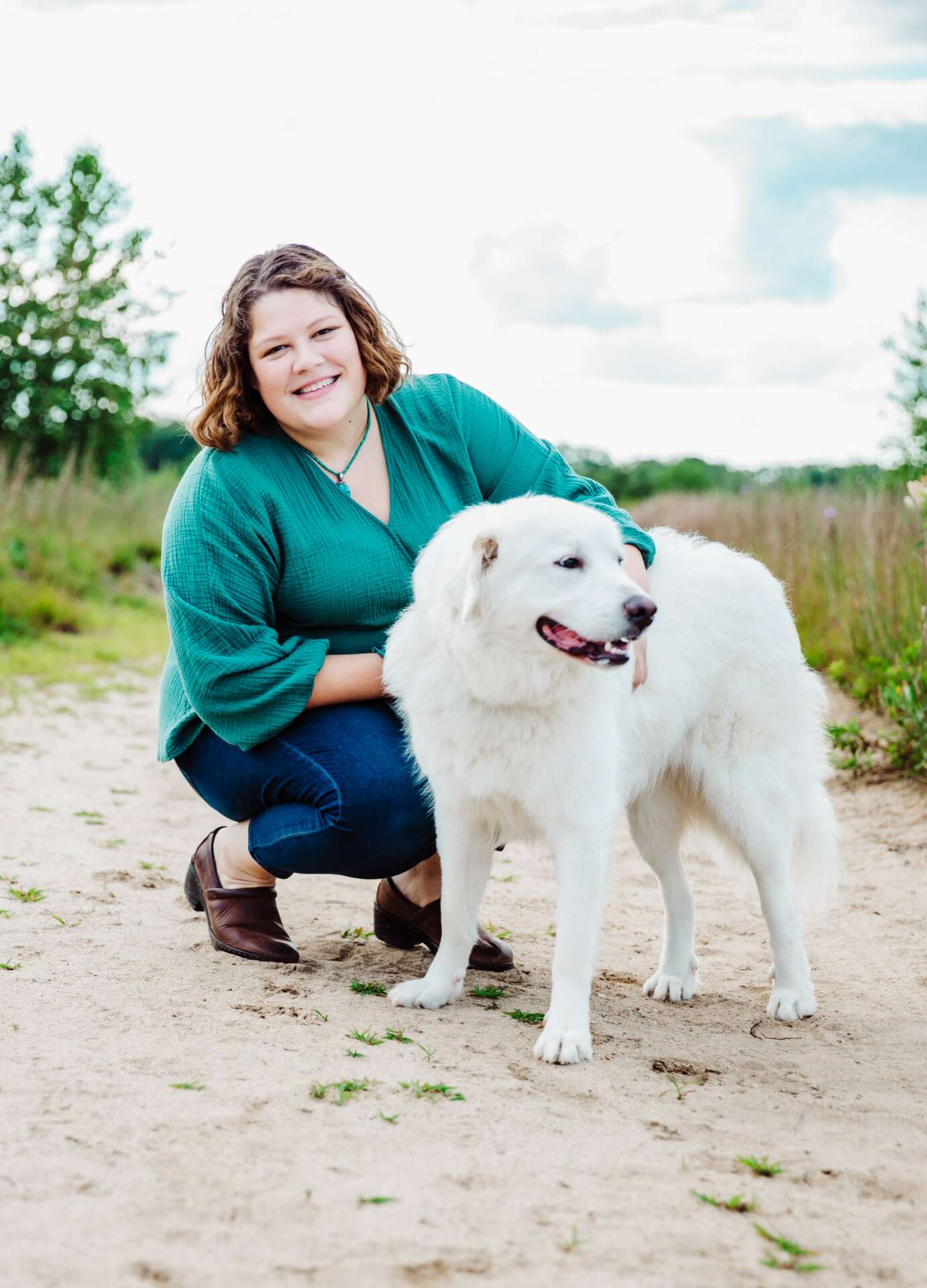We’re excited to introduce you to the always interesting and insightful Augusta O’Reilly. We hope you’ll enjoy our conversation with Augusta below.
Hi Augusta, thanks for joining us today. We’re complete cheeseballs and so we love asking folks to share the most heartwarming moment from their career – do you have a touching moment you can share with us?
This heartwarming story is a compilation of similar stories that have stayed with me throughout my career. During my work as an embedded veterinary social worker in a large specialty hospital, I provided emotional support to clients that were experiencing pet loss and related grief. During my time there were certain clients that stood out more then others, ones that have lost their “heart pet”, ones that navigated large life changes, trauma, and adulthood and now the loss of their family member that was by their side the whole time.
While this may seem sad and not heartwarming, but during my work with these families I got to hear about the bond they had with their pet and the support they were able to gain from them. I got to hear about how far they came and how they had a constant companion through these life transitions. I was able to connect with them as I had the same bond and it was a beautiful connection that we all shared.
These stories and families reminded me of why I do the work I do; to support the human-animal bond and to validate that this bond is a special and powerful one. It is the foundation that my field has and it connects each of us.

Great, appreciate you sharing that with us. Before we ask you to share more of your insights, can you take a moment to introduce yourself and how you got to where you are today to our readers.
Many have not heard of my profession, as a veterinary social worker (VSW). This is a growing field that falls under the principles of social work. A veterinary social worker is a mental health professional who focuses on the human-animal bond and works in a number of settings. Wherever the human-animal bond happens, a VSW can work. A VSW is trained in four areas of the human-animal bond: Animal Assisted Interventions (such as how to implement therapy dogs, how to identify an emotional support animal, or how to advocate for pet-friendly housing), Intentional well-being (this is focused on the human component of the human-animal bond, by providing emotional and therapeutic supports to the animal care professionals such as veterinarians, nurses/technicians, and animal welfare staff), Animal-Related Grief and Bereavement (providing emotional support to both families and care staff following a pet’s passing), and The Link Between Human and Animal Violence (training to support humans that are apart of domestic abuse, animal hoarding, animal abuse, ect.).
A VSW can be someone that focuses on one aspect of the four components or a VSW can focus on all of the components as they are interconnected. A VSW can operate in an animal hospital, private practice, zoos/aquariums, animal shelters, ect. They can also operate at different levels in society; they can focus on individuals and support them in a one-on-one setting, they can advocate for policy changes, a VSW can also teach, conduct research or provide contact work. This is a very versatile profession.
My journey to becoming a VSW was a common one. I began my professional work as a veterinary assistant in an urgent care with the majority of my work being in the intensive care unit. During my time I noticed that I really enjoyed supporting the humans that were visiting their pets, giving the families updates on their pets, and I felt a sense of support when I tended to the aftercare needs of the pets that were euthanized. I was able to provide validation to families that felt alone following their pet’s passing. I discovered the veterinary social work certificate at the University of Tennessee- Knoxville after my partnered DVM mentioned this program. It was a big lightbulb moment for me and I felt like this was the calling I was looking for. It would allow me to support my colleagues, friends, and future veterinarians.
Many people often assume that there is not a lot of stress for animal care professionals and that people going through pet loss are overreacting, but that could not be further from the truth. Animal care professionals (veterinarians, veterinary technicians/nurses, shelter staff, ect) experience a high number of turnover, burnout, compassion fatigue, and high rates of death by suicide. This is caused by a number of things but some are the limited education of clients and their lack of understanding of what is happening behind the clinic door- it is not always puppy and kitten visits. There are limited resources, a high debt-to-income ratio, and limited education on work/life balance and mental health.
For families that work with a VSW, they can receive a number of supports. This role is often similar to the role of a social worker in a human hospital setting. A VSW can help connect a family to community resources, lower barriers to access to veterinary care, help with mediation between a family and staff, and help support them after the loss of their pet.
My work encompasses the majority of what a VSW can do. I advocate for the human-animal bond at a national level by decreasing barriers to access to veterinary care for low-income families that have sick pet needs. I provide consultation to organizations that want to develop a VSW position for their hospital, I also provide on-site support to both staff and families at a large specialty hospital where I focus on pet grief and psychotherapy. I help educate postgraduates on animal-assisted interventions, which lead to me co-authoring a chapter on animal-assisted interventions in a VSW textbook. The final role that I do, which is one of my favorites, is I am the current President of the International Association of Veterinary Social Work. In this role, I am able to educate others on what a VSW can do, and support VSWs in the community. This role has opened many doors and has allowed me to grow my professional and personal skills.
My favorite thing about this field and the work that is: everyone who is a part of this field is a supporter of the human-animal bond and advocating for those in need. As social workers, we are able to bring voices to the table that haven’t been there before and educate others about the amazing work that is happening around the world.

If you could go back, would you choose the same profession, specialty, etc.?
Yes, I would! I would do things a little differently so that I could learn my current skill sets sooner and I would also focus on one area of expertise instead of trying to absorb it all at once.

Other than training/knowledge, what do you think is most helpful for succeeding in your field?
I believe in the power of connecting and networking. Surrounding yourself with professionals you respect, that can provide a different perspective and that you can share ideas with is just as important as your training. In my field, where it is so small and everyone knows everyone it is important to make connections and network.

Contact Info:
- Website: https://veterinarysocialwork.org/
- Instagram: https://www.instagram.com/veterinarysocialwork/?hl=en
- Facebook: https://www.facebook.com/veterinarysocialwork
- Linkedin: https://www.linkedin.com/company/86965186
- Youtube: https://youtube.com/@iavsw3967


